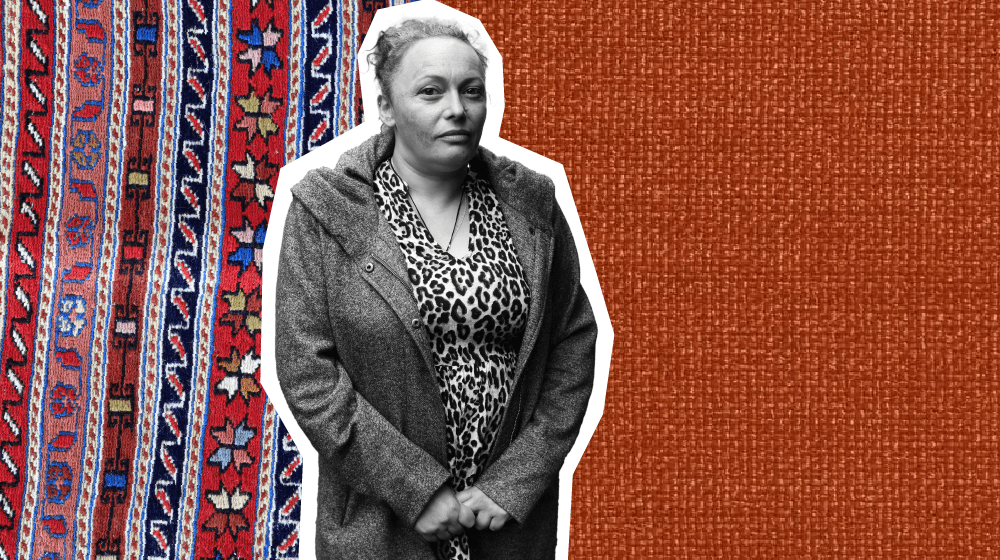“The only thing I knew was that I would never be cured.”
Tamar Gakhokidze, 41, was infected with HIV during a dental procedure when she was in jail in 2007. The diagnosis terrified her.
“I thought that I might die at any time,” she said.
In prison, Ms. Gakhokidze took advantage of regular HIV and sexually transmitted disease testing provided by the Center for Information and Counseling on Reproductive Health “Tanadgoma”, a UNFPA partner. At the time of her diagnosis, information about treatment and living with HIV in Georgia was scarce and stigma was widespread.
Since 1989, over 10,000 people have been diagnosed with HIV in Georgia and over 2,000 of them have died. According to the national Infectious Diseases, AIDS and Clinical Immunology Research Center, the average age of people testing positive for HIV is 38.
Georgia has relatively low HIV prevalence, and there are signs of a decreasing trend in new cases. But evidence of high HIV rates in men who have sex with men and transgender people, as well as among younger people, shows that HIV prevalence in the country could worsen in population groups who are at higher risk of HIV infection and their sexual partners.
Many people in Georgia lack information and knowledge about HIV, and misconceptions about people living with HIV remain high, according to a survey conducted in 2018. Ms. Gakhokidze says she still encounters prejudice in her daily life, even though she takes anti-retroviral therapy (ART) regularly and is not infectious. Her daughter, who is not HIV positive, was dismissed from a ballet class because of Ms. Gakhokidze’s diagnosis.
Ms. Gakhokidze is committed to fighting this kind of stigma against people living with HIV. Since leaving prison, she has become a social worker and runs the organization “Women with HIV – We exist!” She hopes to offer an example to others of living without fear or shame of their HIV status. “I said I would not hide this, and I never have,” she said. “I want to be a rock for all women who are living with HIV in Georgia, and I think I am.”
To fight stigma against people living with HIV in Georgia, UNFPA provides access to information and services about HIV prevention and treatment with a focus on younger people, key populations at risk of HIV, and their partners. HIV testing is critical to ensure people know their status, get treatment when needed, and prevent transmission to others. UNFPA supports Georgia to ensure that everyone has access to HIV testing without stigma or and discrimination.
HIV testing is free in Georgia. However, more than half of new HIV diagnoses are still made at a late stage. According to a UNFPA-supported survey of people aged 14-29 in Georgia in 2020, low awareness, limited access to information, common myths and stereotypes, fear of test results, expectations of negative attitudes, discrimination, as well as fears about confidentiality are among the reasons why there is a low demand and uptake of HIV testing among younger people in Georgia.
“To promote the service uptake, we need to increase the availability of self-tests and other innovative methodologies, like outdoor boxes with condoms, syringes, pregnancy tests and other medical supplies,” said Kakhaber Kepuladze, a health care professional working with Tanadgoma.
UNFPA efforts to provide access to information and services about HIV have focused especially on young people. “We believe that youth are the main agents for positive social and behaviour change," said Mariam Bandzeladze, UNFPA Georgia Head of Office. “As we strive towards a world where every young person’s potential is fulfilled, it must be assured that they have access to all the necessary information and services, and the environment they live in is free of stigma and discrimination."



